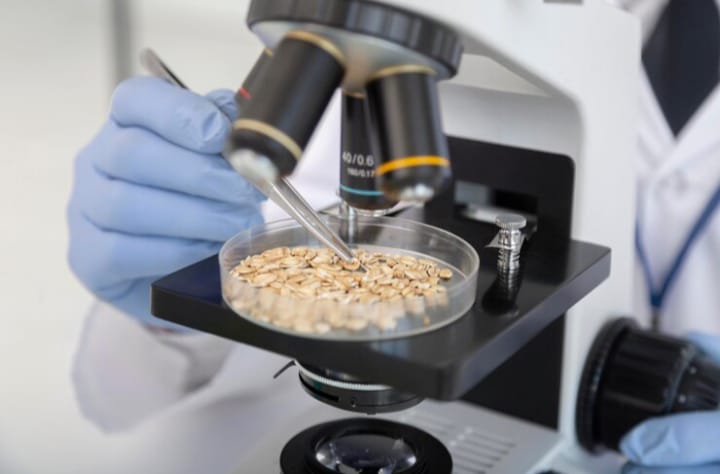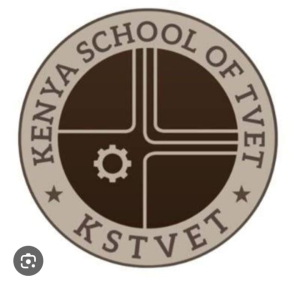
Course Description:
This course provides a comprehensive introduction to microbiology with a focus on the role of microorganisms in the food industry. It explores the types of microorganisms found in food, their beneficial and harmful impacts, and methods for controlling microbial activity to ensure food safety. Students will gain knowledge of foodborne pathogens, spoilage mechanisms, fermentation microbiology, and modern techniques for microbial detection. Emphasis is placed on practical applications in food processing, preservation, and quality assurance, preparing learners for careers in food science, quality control, and food safety management.
This course combines theoretical knowledge with real-world applications, interactive activities, and assessments to enhance learning and prepare students for the food industry.
- Teacher: doreen chelagat

